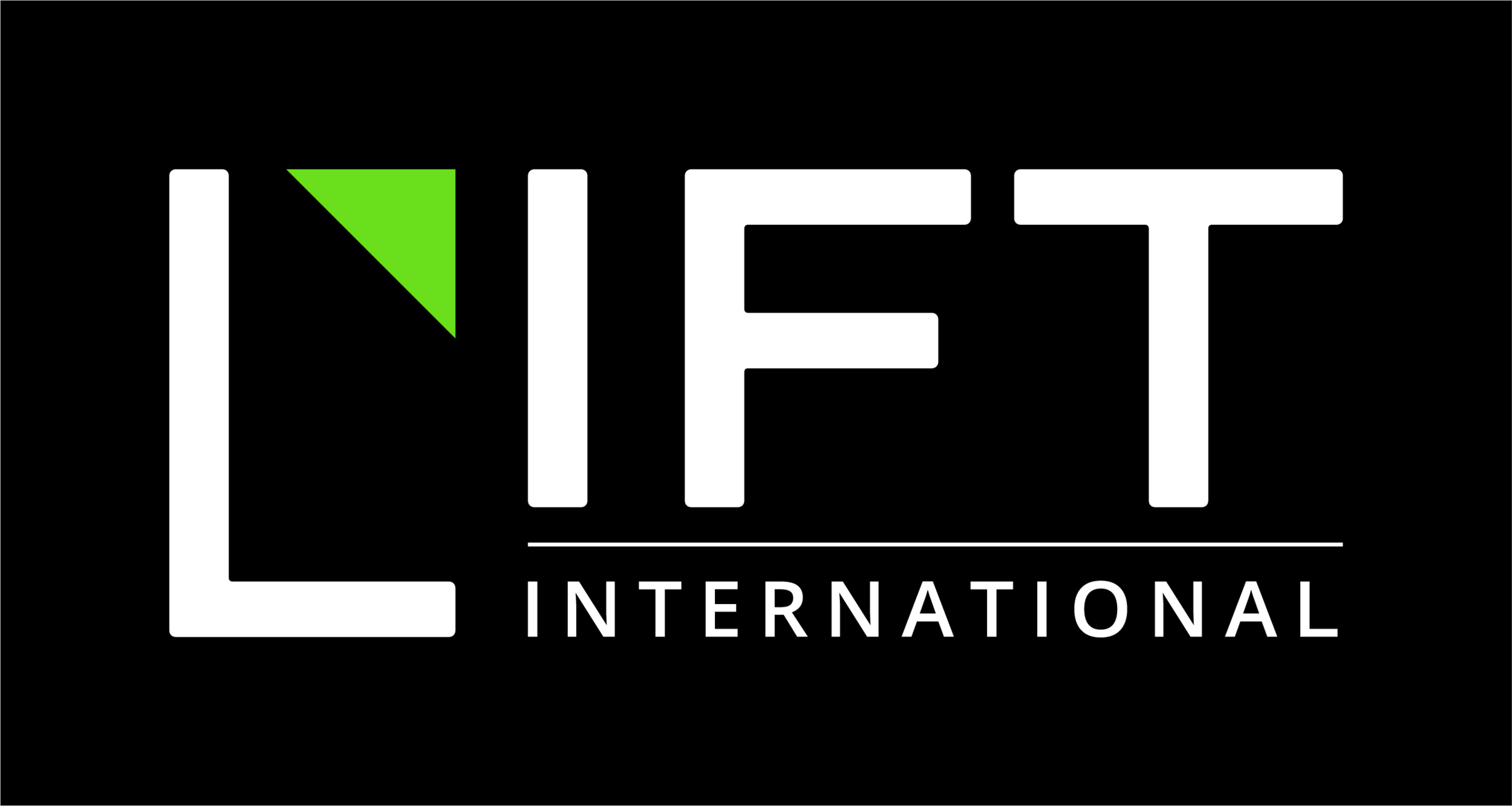Human Trafficking Victims and Mental Health
Every case of human trafficking and sexual exploitation results in trauma, and trauma needs appropriate treatment for victims and their families. We talked to LIFT Lawyer Wiliyasinee “Pik” Rinya about mental health and human trafficking victims. Pik works to help victims file a claim against their traffickers for them to pay compensation to the victims. This money is then used to cover expenses such as mental and physical health recovery and rehabilitation, and to start a new life. Of course money cannot truly compensate for the irreparable damage caused by trauma, but it’s a step forward in mental health awareness and care for victims of sexual abuse and human trafficking that wasn’t always common practice.
Pik started working for LIFT International in 2014, and since that time she has seen substantial positive change in the judicial system in Thailand, allowing for considerations for the mental and emotional trauma that victims suffer as a direct result of the crimes committed against them.
Pik remembers a time not long ago when the judicial system directed all its energy towards the criminal cases of convicting the perpetrator, but gave little attention to the civil case regarding the victims’ rights, well-being and recovery. No one advocated for the victims or cared for their needs. No one had any idea about trauma. Many even believed certain stigmas about trafficking victims, questioning whether or not their “choices” should be considered a crime.* Before LIFT started working cases, compensation existed only in textbooks but not in practice. Pik, through her work with LIFT’s multidisciplinary team, helped make compensation a much more common reality.
When police go to arrest a human trafficking offender, they are there to do their job of fighting crime. It is not common practice to consider what a victim might be going through when s/he has likely been manipulated and coerced into believing that police are not to be trusted. How terrifying to be sat down alongside the very people who have harmed you and then interrogated to get information. This experience alone is traumatic.
When LIFT started joining police arrest operations in order to provide assistance, we insisted that a social worker and lawyer be included from the beginning of an investigation and present during all arrests, when possible. Because of this multidisciplinary approach to combining investigations with social work and legal, our team came to a deeper understanding of victim needs. Together we worked to advocate that victims should be separated during an arrest operation, and should receive immediate social work care and attention. Pik works to protect their rights and claim compensation.
“I see them. I feel their pain. I think compensation is really important to them,” Pik says of what motivates her to stand up for justice alongside victims. “I’ll do everything to claim compensation for victims.” Pik’s goal is to see government organisations claim rights for the victims and work to protect victims’ rights, to help them gain access to the rights they already have and demand justice.
Pik has earned a lot of respect in the anti-trafficking community in Thailand, even winning the Outstanding Person Award in 2017, but she is still just one person. For Pik, she sees the greatest potential for impact when she’s asked to speak at government organisational trainings that relate to human trafficking. “When we work with victims and we share victims’ experience and trauma with government partners, then they can implement better practices when they go back to work.” See previous post on Increasing Impact.
While Pik is proud of the positive changes she’s seen in the judiciary system towards care for victim trauma and the general de-stigmatisation of victims, she has clear goals for even more systemic change and intends to do whatever she can to see it happen.
___________________________________________
*LIFT works almost exclusively with victims under the age of 18--under the age of making informed decisions for their lives, and victims who have most definitely been groomed, tricked, etc into sexual exploitation. The Thai government deems anyone under the age of 18 to be a victim, regardless of choice or circumstance.

